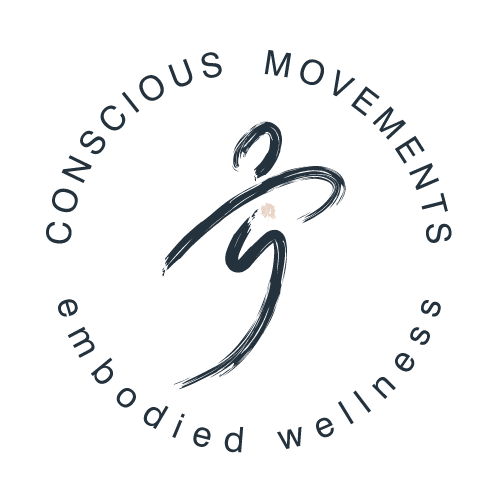How Your Beliefs Impact Your Health
I was so flipping happy to see this video about the stress response on T.E.D.! As a Kinesiology Major in college, I spent quite a bit of time looking at the stress response and recovery as a sign of health! So for me, hearing blanket statements of stress being harmful to your health has been a bit like fingernails scraping slowly across a chalkboard. If you follow my work, you know that I have a lot of respect for the stress response's positive and negative aspects.
In this video, Kelly McGonigal does a fantastic job of covering some of the research looking at how our beliefs about stress change our physiological reactions to stress and how the stress response has a built-in social aspect. She discusses three studies that shed new light on the stress response and how our beliefs and relationships to stress may actually improve our health.
“Chasing meaning is better for your health than avoiding discomfort.”
Three Things You Should Know
About The Stress Response
1: Change Your Mind About Stress, Change Your Body’s Response To Stress
The first that Kelly mentions followed groups of people who experience varying levels of stress over several years, and then tracks death records to correlate how stress impacted health. Not only does it show that the people that believe stress can kill die at a much higher rate, but it also shows that the people who had a high level of stress but did not think that stress was harmful had the lowest risk of dying of anyone in the study.
She explains that the dangerous part of a chronic stress response is in the vascular constrictions that occur while the heart is pumping at an increased rate. However, when people perceive the stress response as helpful, vaso-constriction is reduced. This physiological response resembles the reaction of joy and courage.
So what does this teach us? We need to shift our relationship to stress. Our beliefs about stress have a direct impact on how our physiology responds to stress.
2: Stress Facilitates Social Connection
Research shows that the physical stress response releases the neurohormone, oxytocin. Heard of it? If you follow this blog, you may have read about it in posts on birth, bonding, and happiness. Studies show that the stress response increases the release of oxytocin. According to Kelly:
“When oxytocin is released in the stress response, it is motivating you to seek support. Your biological stress response is nudging you to tell someone how you feel instead of bottling it up. Your stress response wants to make sure you notice when someone else in your life is struggling so that you can support each other. When life is difficult, your stress response wants you to be surrounded by people who care about you.
Oxytocin doesn’t only act on your brain, it also acts on your body. One of its main roles in your body it to protect your cardiovascular system from the effects of stress. It’s a natural anti-inflammatory. It also helps your blood vessels stay relaxed during stress…Your heart has receptors for this hormone. And oxytocin helps heart cells regenerate and heal from any stress-related damage. This stress hormone strengthens your heart. And the cool thing is that all of these physical benefits of oxytocin are enhanced by social contact and social support.”
3: A Helping Hand For A Healthy Heart
The final research that Kelly discussed tracked nearly 1,000 adults in the U.S. The study looked at how they described their level of stress and whether or not they spent time helping people— be it be friends, family, or community members. This study also tracked the death records of the folks in the study. The results are inspiring:
“For every major stressful life experience, like financial difficulties or family crisis, that increased the risk of dying by 30 percent. But — and I hope you are expecting a but by now –but that wasn’t true for everyone. People who spent time caring for others showed absolutely no stress-related increase in dying. Zero. Caring created resilience. And so we see once again that the harmful effects of stress on your health are not inevitable.”
Something To Ponder...
In the Feldenkrais Method®, we work a lot with reducing parasitic effort—the unnecessary effort most often observed in the strain or activation of the muscles. I do believe that there can also be a parasitic effort in other areas — such as the vascular system and the mind.
If we could start to differentiate the experience of stress from that of excitement & courage, then we could have a great foundation in understanding our habits of response, and we can grow our capacity to reduce the parasitic effort as a whole.
So I invite you to take this week to explore your self-image — both in movement and moving through life. How do you relate to stress? How could you relate differently? What are some of the physiological cues that let you know how you’re responding to stress?
RELATED POSTS






